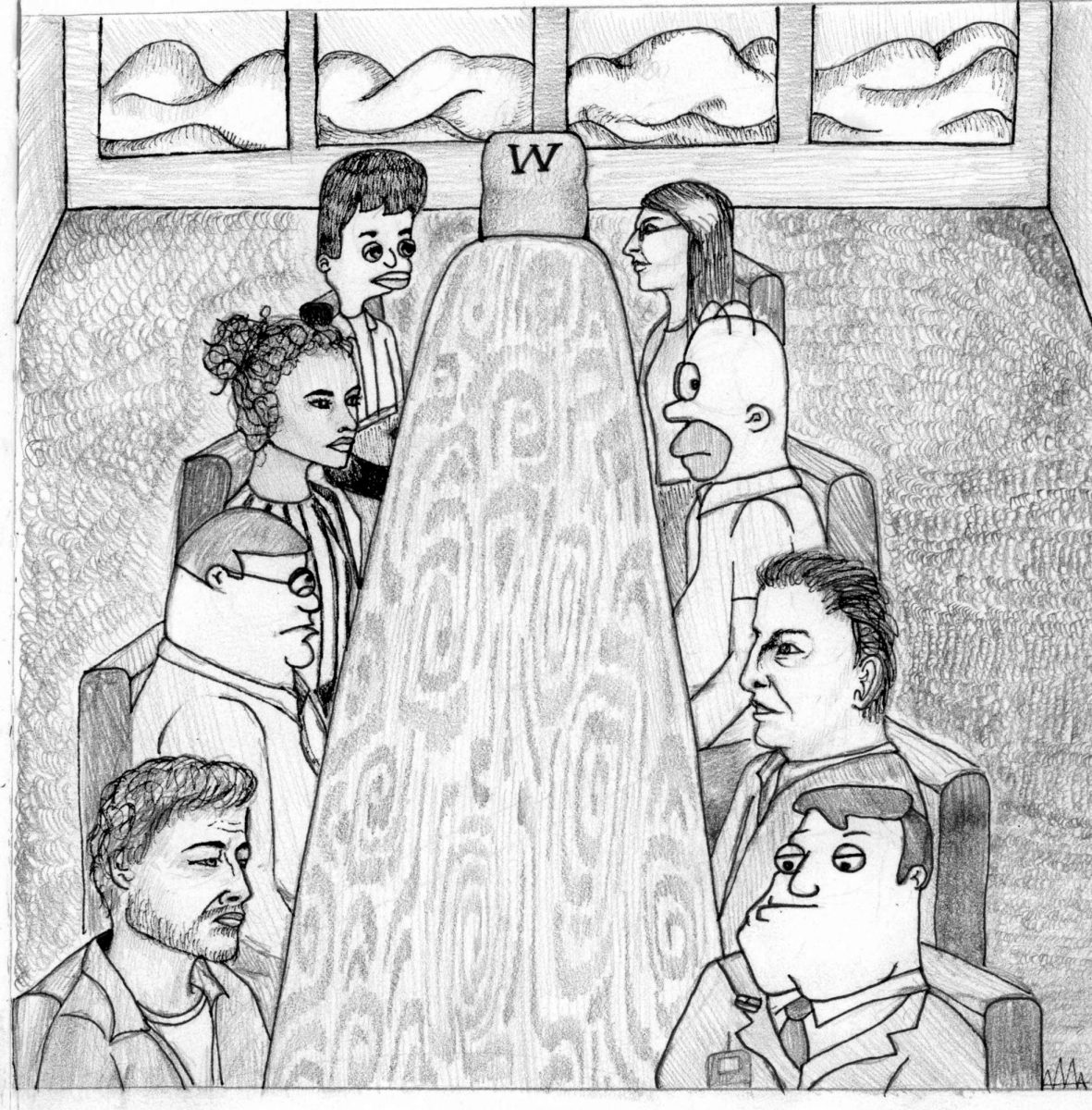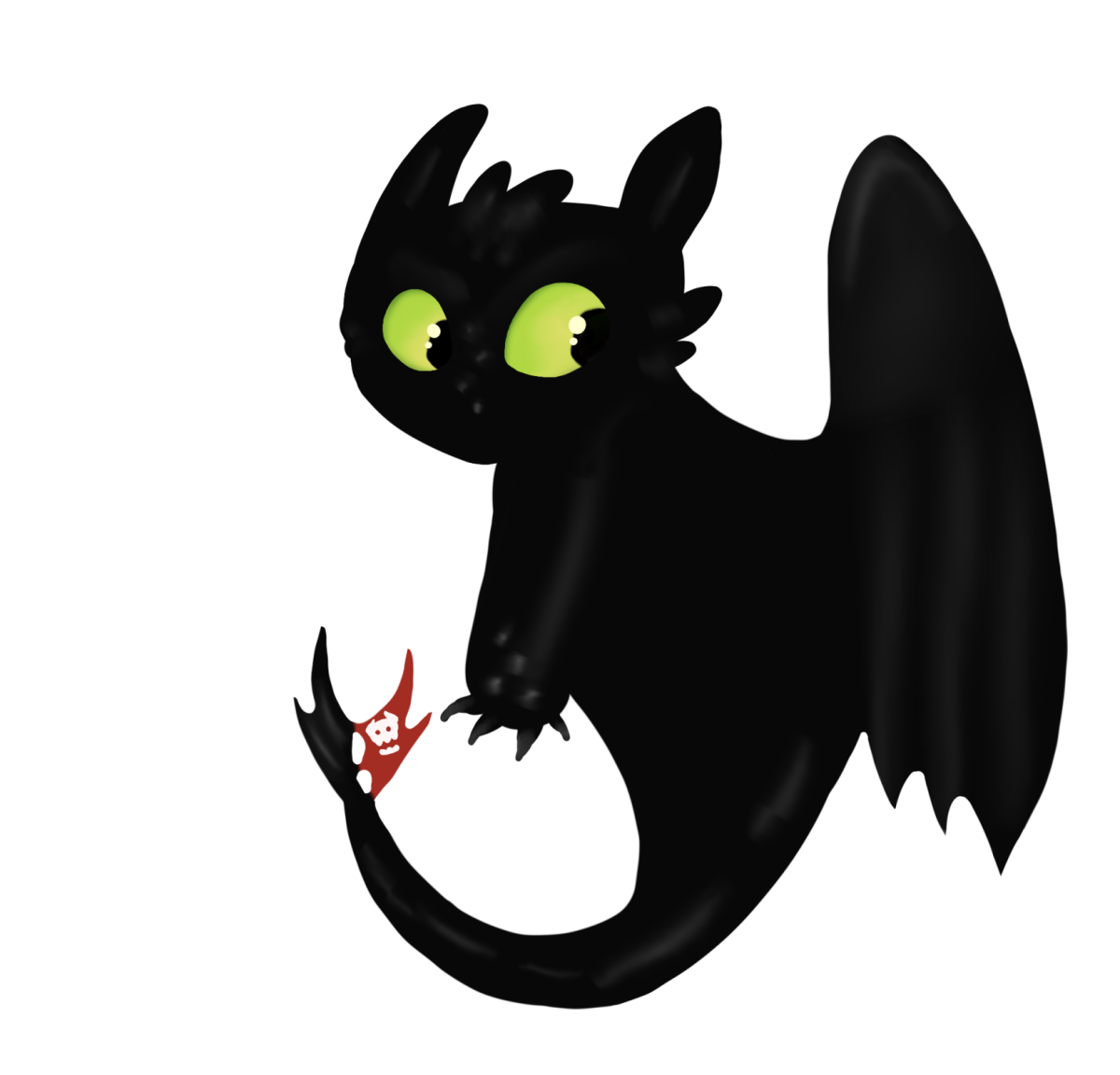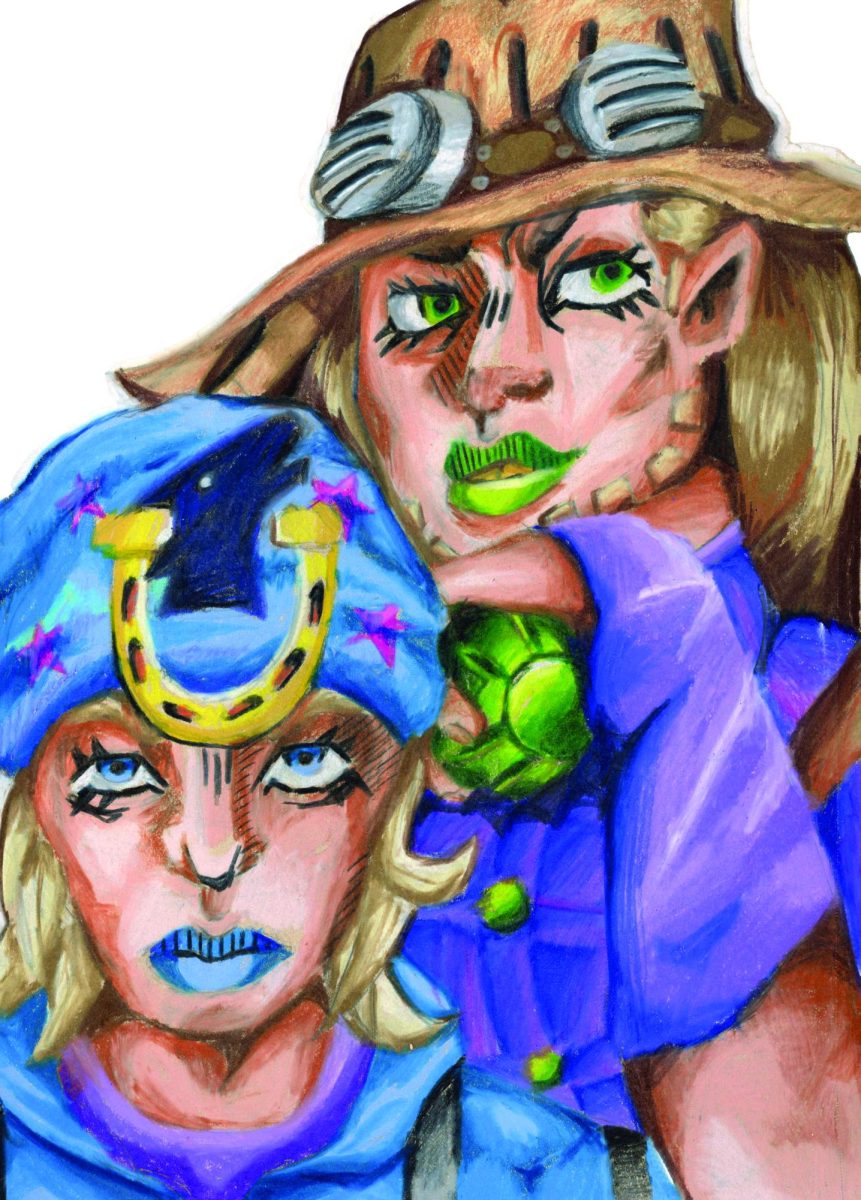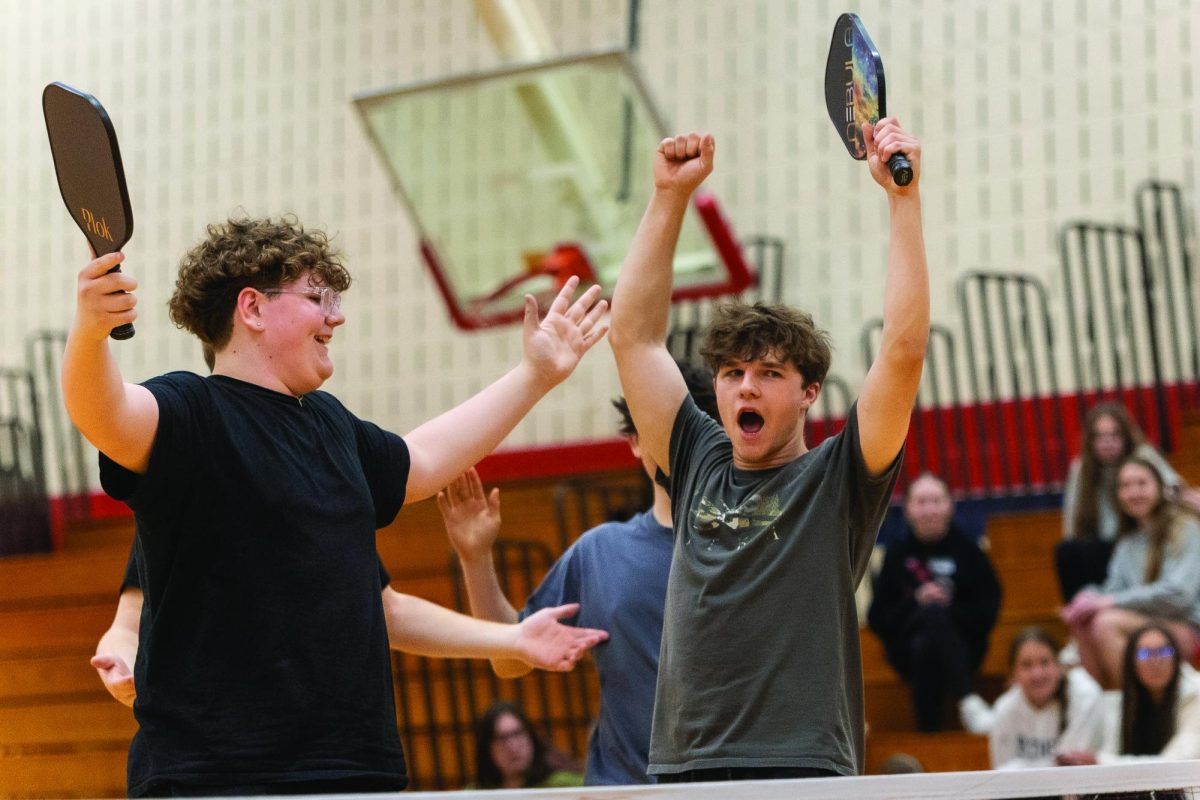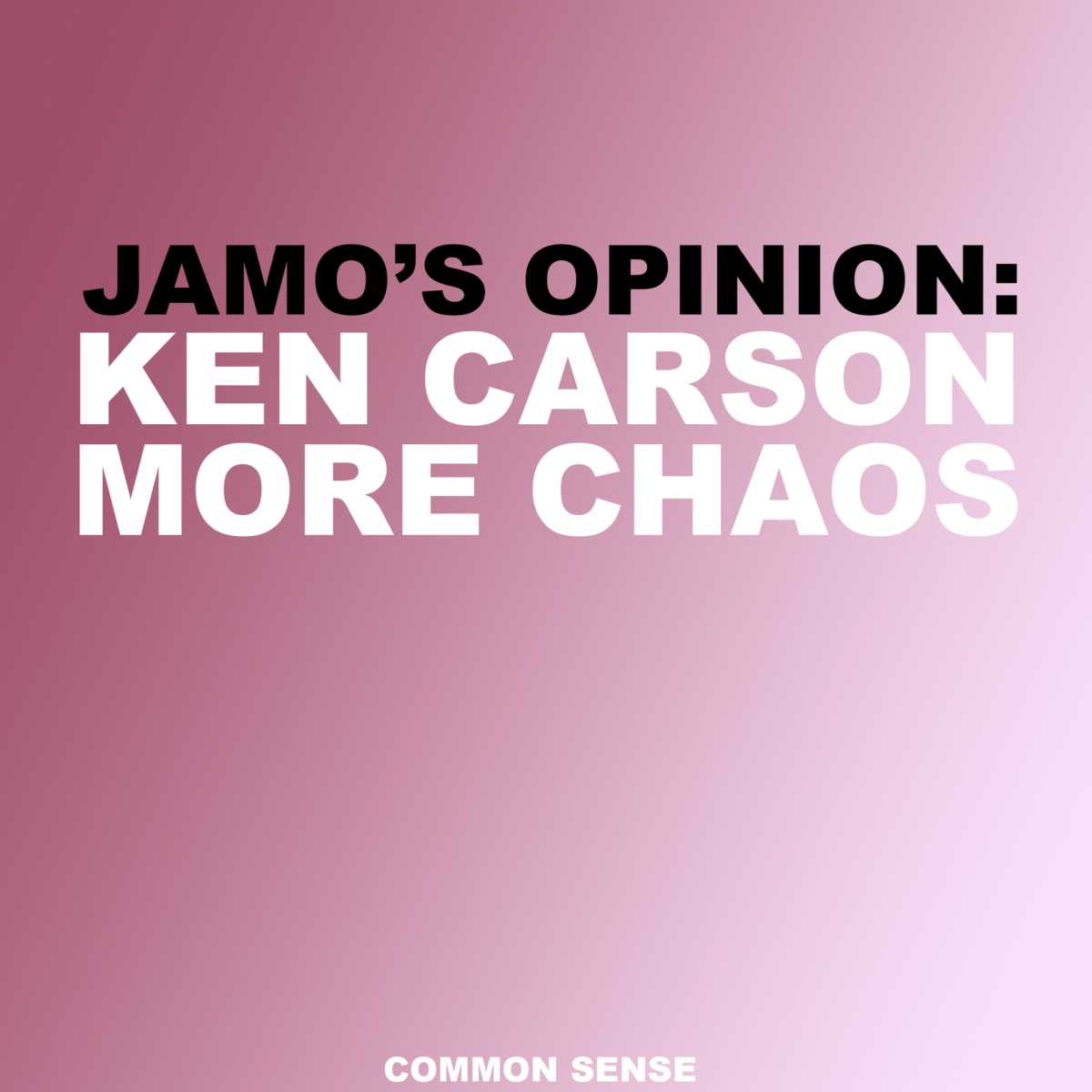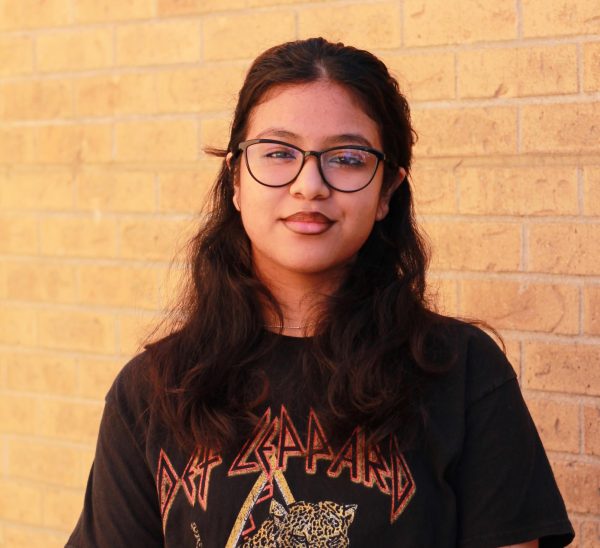
Senior Jack Carlson has been a huge fan of Sony’s animated Spider-Man movies since 2018, when the premier of “Into the Spider-Verse” stunned audiences worldwide. After the release of its smash-hit sequel this summer, Carlson’s anticipation for the third and final installment in the series has only grown. However, widespread and ongoing strikes among Hollywood artists have put his expectations on indefinite delay.
After expressing his initial disappointment with the movie’s delay, Carlson commented on the possible outcome of the strikes: “It’s important that the industry changes, and if that means a project has to be delayed a while, then so be it.”
When you think of the term strike, you most often associate a strike action with the blue-collar working class, the real salt-of-the-earth – miners, truck drivers, stevedores, railroad workers, and the like – with the odd teachers’ or sanitation workers’ strike here and there. Since early July, the United States has been dealing with a whole different kind of labor dispute seldom seen by our generation: Hollywood screenwriters and actors are walking out of the studio and marching down the picket line.
The filmmakers’ unions at the heart of the strikes are the Writers Guild of America (WGA) and the Screen Actors Guild – American Federation of Television and Radio Artists (SAG-AFTRA), which, together, represent hundreds of thousands of film and television creatives across America. Their dispute is against the Alliance of Motion Picture and Television Producers (AMPTP), which represents over 350 prominent film production companies, the likes of which include entertainment giants like Disney, Netflix, and FOX.
The primary issues taken up with the strikes are job security and wages; Artists working in the entertainment industry believe they should be paid more, and for the entire duration of pre- and post-production of the movies and shows they work on. Writers and actors have also complained about a lack of residuals – payments made to creatives after a piece of media’s initial release run – they receive from streaming services. On top of that, there are growing concerns about the integration of rapidly-developing artificial intelligence into the creative process, which many artists fear might take over their jobs. Tensions between artists and producers have been building for some time now, with studios becoming more and more hostile towards the demands of Hollywood labor unions to rectify these growing issues.
Hollywood writers and actors guilds have struck separately in the past for myriad reasons, but their differing interests and avenues of negotiation with producers mean they rarely collaborate on labor disputes; The current joint strike is the first of its kind since 1960, when SAG and the WGA simultaneously struck for better wages and pensions.
The current creative work stoppages have stalled hundreds of AMPTP-affiliated productions, affecting the largest interruption to the entertainment industry since the beginning of the Coronavirus pandemic in 2020.
“Spider-Man: Beyond the Spider-Verse” is among the many projects put on indefinite hold. Senior Jalen Hobbs has been closely following the film’s development in the wake of the strikes, saying, “I know the producers said they haven’t worked on it much at all because of the writers’ strike, and because of that they can’t do any animation.”
“These studios make a lot of money, and they’re not paying their fair share to their writers who are the backbone of all their productions,” Hobbs continued. “It’s kind of a shame that the studios aren’t doing this already so the writer’s have to strike for weeks and months at a time to do something about it.”
Though the WGA has reached a tentative deal with studios to put an end to its strike, it is unclear when exactly SAG will do the same, or if the strikes will yield any positive changes for film, television, and the entertainment industry as a whole.

